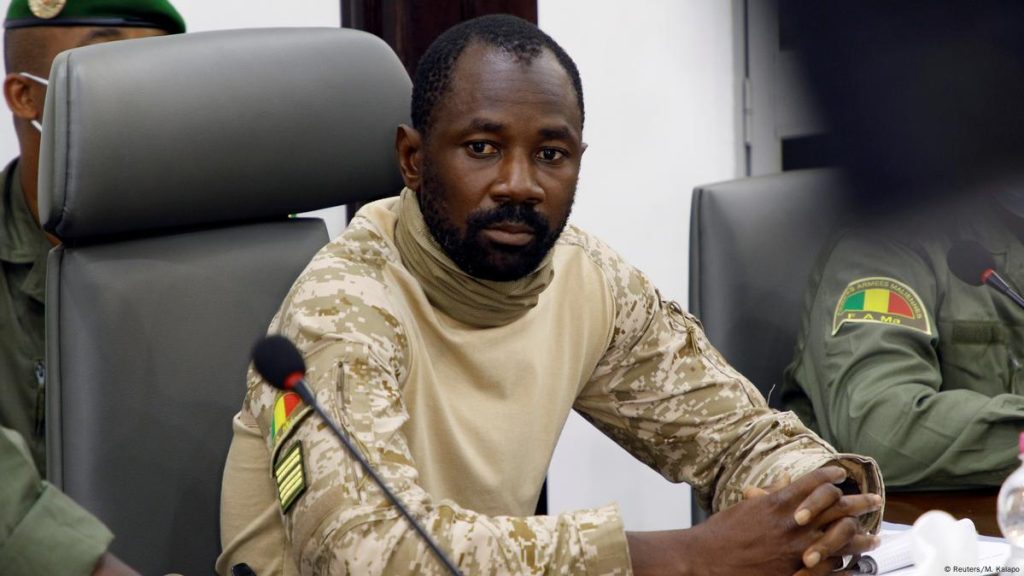The president’s office announced on Tuesday that the leader of Mali’s junta held a meeting with senior military officials to “modify the strategy” following bold terrorist assaults in the capital that resulted in the deaths of many people.
A group linked to Al-Qaeda claimed responsibility for the attacks in Bamako last Tuesday, which targeted a section of the main airport and a military police training camp, resulting in the deaths of over 75 individuals and injuries to more than 250, as reported by security sources.
The presidency said Monday’s meeting “provided an opportunity for an exhaustive review of security arrangements, a reassessment of the threat, and the provision of additional guidelines.”
Mali’s military leader, Colonel Assimi Goita, on Saturday, in his first speech since the attacks, paid tribute to the victims, stressing “the imperative need to remain vigilant and maintain an exemplary operational stance in all circumstances”.

According to analysts, the simultaneous attacks have inflicted a significant blow to the military regime, which seized power through coups in 2020 and 2021.
The authorities have not disclosed official figures regarding the number of casualties.
These coordinated offensives have raised doubts about the junta’s military tactics and its assertions that the security situation is under control despite the presence of jihadists in the region for an extended period.
Numerous Malians have utilised social media platforms to call for answers regarding what they perceive as a security failure.
The assault, claimed by the Group to Support Islam and Muslims (JNIM), marked the first of its nature in Bamako in many years. The city typically avoids the frequent attacks that occur in some areas of Mali on a nearly daily basis.
JNIM stated via its communication channels that 13 combatants participated in the assaults and that all individuals apprehended by the authorities were innocent.
The attacks occurred a day after the junta-led Mali, Niger, and Burkina Faso commemorated the one-year anniversary of the establishment of their collaborative entity, the Alliance of Sahel States (AES).
Following a series of coups in 2020, the three nations, now under military governance, have severed connections with their former coloniser, France, and have shifted their military and political allegiances to other partners, including Russia.
Mali’s leadership initiated an extensive military campaign in the northern region of the country, where armed separatist factions and jihadists have relinquished control of multiple areas since the previous year.
However, the army and its Russian allies encountered one of their most significant setbacks in July.
Previously, the French anti-jihadist Barkhane force, the United Nations stabilisation mission, MINUSMA, and European troops had contained the threat in the north.
Nevertheless, the Malian junta expelled them, opting instead for support from Russia.


